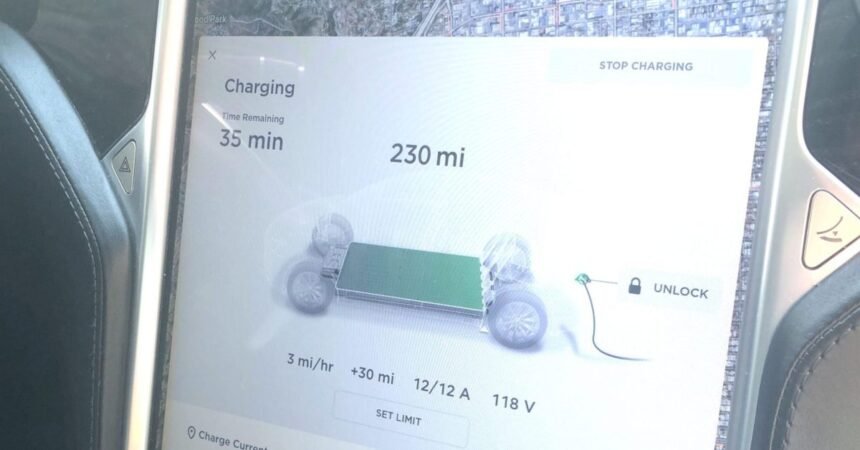A recent lawsuit has brought attention to allegations that Tesla may be inflating mileage on its vehicles to avoid warranty claims. This has led to comparisons to the infamous Dieselgate scandal, with some referring to it as ‘Tesla Odometergate.’ The lawsuit, filed in California, claims that Tesla is using “predictive algorithms” to manipulate mileage readings on odometers, allowing the company to claim higher mileage past warranty limits.
The lead plaintiff in the lawsuit, Nyree Hinton, a data professional from Los Angeles, shared his experience that led to these allegations. Hinton purchased a used 2020 Tesla Model Y with 36,772 miles on the odometer. Despite driving an average of 20 miles per day, he noticed that the odometer was increasing at a much faster rate, causing his warranty to expire sooner than expected. This resulted in a $10,000 repair bill that he believed should have been covered under the warranty.
While the lawsuit is light on data, it does cite other Tesla owners who have reported similar experiences on forums and social media. However, more evidence would be needed to substantiate the claims made in the lawsuit. Tesla hacker ‘Green’ expressed doubts about the allegations, suggesting that the discrepancies in mileage could be related to factors such as tire wear.
At this point, it is difficult to determine the validity of the claims without further evidence. It is possible that the issue is specific to Hinton’s vehicle rather than a widespread problem with Tesla vehicles. If the lawsuit progresses, more insight may be gained, and additional data could come to light. Until then, it may be premature to make definitive conclusions about the situation.
Overall, the allegations in the lawsuit raise important questions about Tesla’s odometer readings and warranty claims. Further investigation and evidence will be necessary to determine the extent of the issue and whether it constitutes a significant problem for the company.






